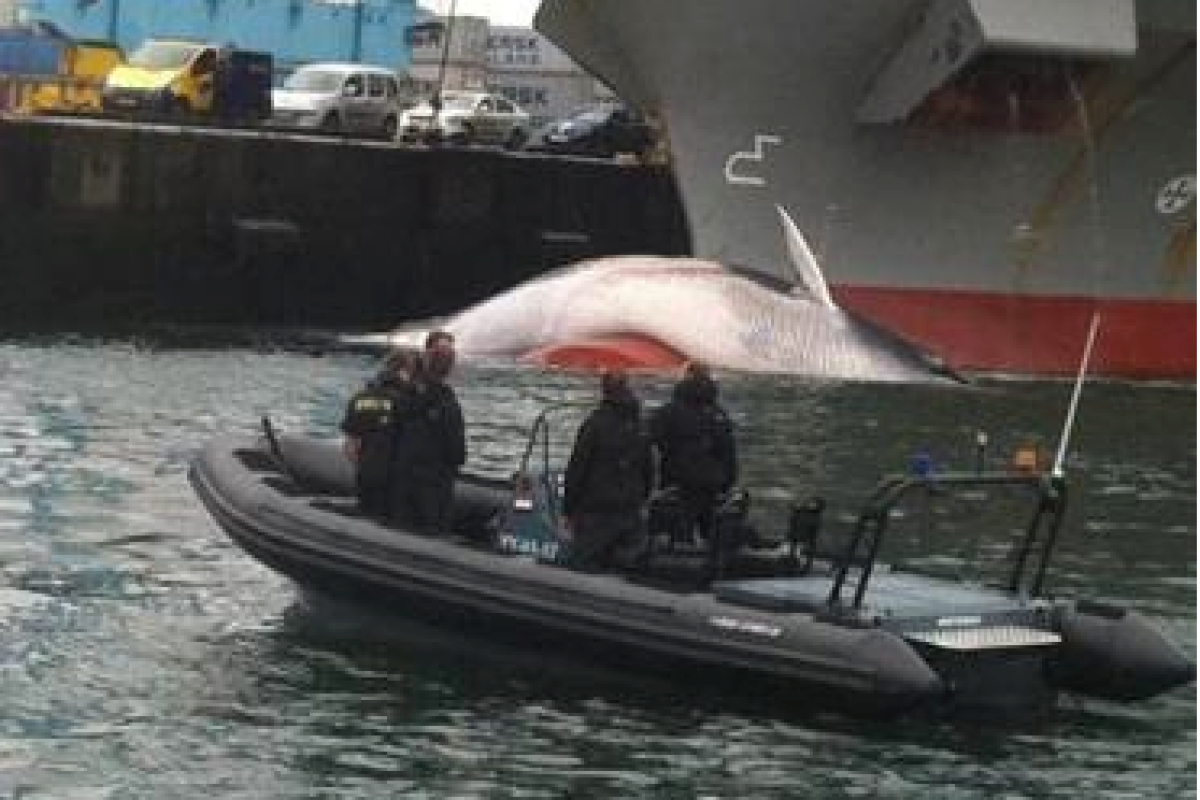It’s that age-old dilemma. Do I try something new - I don’t want to fail and ruin my reputation and potentially lose my job!
£2.5 billion says do it. That is the revenue of Dyson, just think Sir James Dyson spent 15 years creating 5,126 versions that failed before he made one that worked.
From a recent global survey of 200 B2B marketers, only 34% of respondents said they have the freedom to try something new. In the age of disruptive companies, where brave businesses have become billion-dollar cap firms how can a brave culture be adopted with such constraints?
Why not rename or reframe failure?
In agile marketing, failure is simply labelled “feedback”. A problem is identified early and improvements made before moving on. Failure happens fast and ultimately improves the outcome.
Speak the language of your audience. Imagine you are addressing your financial director. Financial directors all understand the risk Vs reward ratio. Reframe failure so that the discussion is focused on ROI and not that something has failed.
Example – A real “Fail Whale”
In 2014 a Maersk container ship pulled into the Port of Rotterdam with a dead whale draped across its bow. For many firms, this would be something to deal with discreetly and hope nobody found out. Instead the shipping firm took the brave step of admitting what had happened and posting about it on social media. It uploaded pictures to Facebook and even set up a Pinterest gallery in the Whale’s memory. This sympathetic and human approach to social media has won it many fans – it now has more than 2.5 million followers on Facebook, where its nearest rivals measure their followers in the thousands.
Top tip: If you do fail, fail fast and fail early
It is no good getting to December to find out you have failed with the big marketing idea planned in January. Most organisation have a tolerance of failure in the pursuit of outstanding commercial gains but that has its limit.
Install a fail-safe, in marketing’s case: Measurement.
Know your objectives and KPIs and always know how you are tracking against them. Failure can be caught at its onset and risk minimised. That relationship with the financial director will benefit no end!
Read the rest of the report and find out what your peers consider to be brave by downloading the Braver Business report.
By Pete Hendrick, Director, Octopus Group



